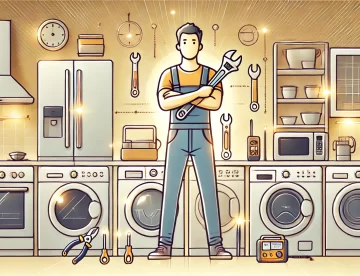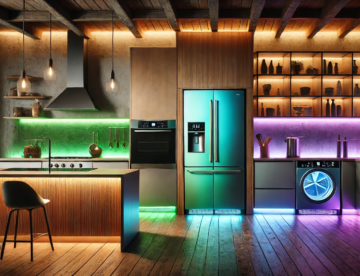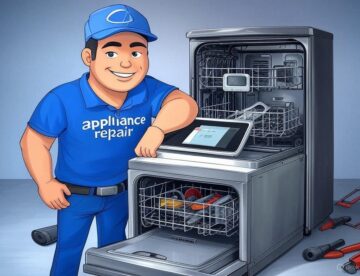Title: Chilling Through Time: A Cool Evolution of Refrigerators
Introduction:
Refrigerators have become an indispensable part of modern life, preserving our food and keeping our beverages icy cold. But have you ever wondered how these trusty appliances evolved into the sleek, efficient machines we have today? Join us on a journey through time as we explore the fascinating evolution of refrigerators.
Early Beginnings:
The concept of refrigeration dates back to ancient times when people used natural ice and underground storage to preserve food. However, it wasn’t until the 19th century that significant advancements in refrigeration technology began to emerge. In the early 1800s, inventors like Oliver Evans and Jacob Perkins experimented with vapor compression systems, laying the groundwork for future refrigeration technology.
The Birth of the Icebox:
The late 19th century saw the birth of the first commercially available refrigerators, known as iceboxes. These wooden cabinets were lined with insulating materials and filled with blocks of ice to keep food cold. While primitive by today’s standards, iceboxes revolutionized food storage and became a staple in households around the world.
Electric Refrigerators:
The early 20th century marked a major turning point in refrigeration history with the invention of electric refrigerators. In 1913, Fred W. Wolf Jr. introduced the first electric refrigerator for home use, which utilized a motor-compressor system to circulate coolant and keep the interior cold. These early electric refrigerators were bulky and expensive, but they represented a significant leap forward in convenience and reliability.
The Rise of the Modern Refrigerator:
Throughout the 20th century, refrigerators continued to evolve, becoming more efficient, affordable, and feature-rich. The introduction of Freon as a coolant in the 1930s led to smaller, more streamlined designs, while improvements in insulation and compressor technology further enhanced energy efficiency.
The 1950s and 60s saw the advent of frost-free refrigerators, which eliminated the need for manual defrosting and made maintenance much simpler. In the following decades, innovations like adjustable shelves, door-mounted ice makers, and digital temperature controls became standard features, enhancing the usability and convenience of refrigerators.
Energy Efficiency and Environmental Concerns:
In recent years, there has been a growing emphasis on energy efficiency and environmental sustainability in refrigerator design. Stricter energy efficiency standards and regulations have led manufacturers to develop refrigerators that consume less power while delivering superior performance.
Additionally, advancements in insulation materials and compressor technology have made modern refrigerators more eco-friendly than ever before. Many models now feature energy-saving modes, LED lighting, and even smart technology that allows users to monitor and control their fridge’s energy usage remotely.
The Future of Refrigeration:
As we look to the future, the evolution of refrigerators shows no signs of slowing down. Researchers and engineers are exploring new technologies such as magnetic refrigeration and thermoelectric cooling, which have the potential to further improve energy efficiency and reduce environmental impact.
Furthermore, the integration of artificial intelligence and internet connectivity is transforming refrigerators into intelligent appliances that can anticipate our needs, track food inventory, and even place grocery orders automatically.
Conclusion:
From humble iceboxes to high-tech marvels, the evolution of refrigerators has been nothing short of remarkable. What began as a simple means of preserving food has evolved into sophisticated appliances that play a central role in our daily lives. As we continue to push the boundaries of technology and innovation, the future of refrigeration looks cooler than ever.




